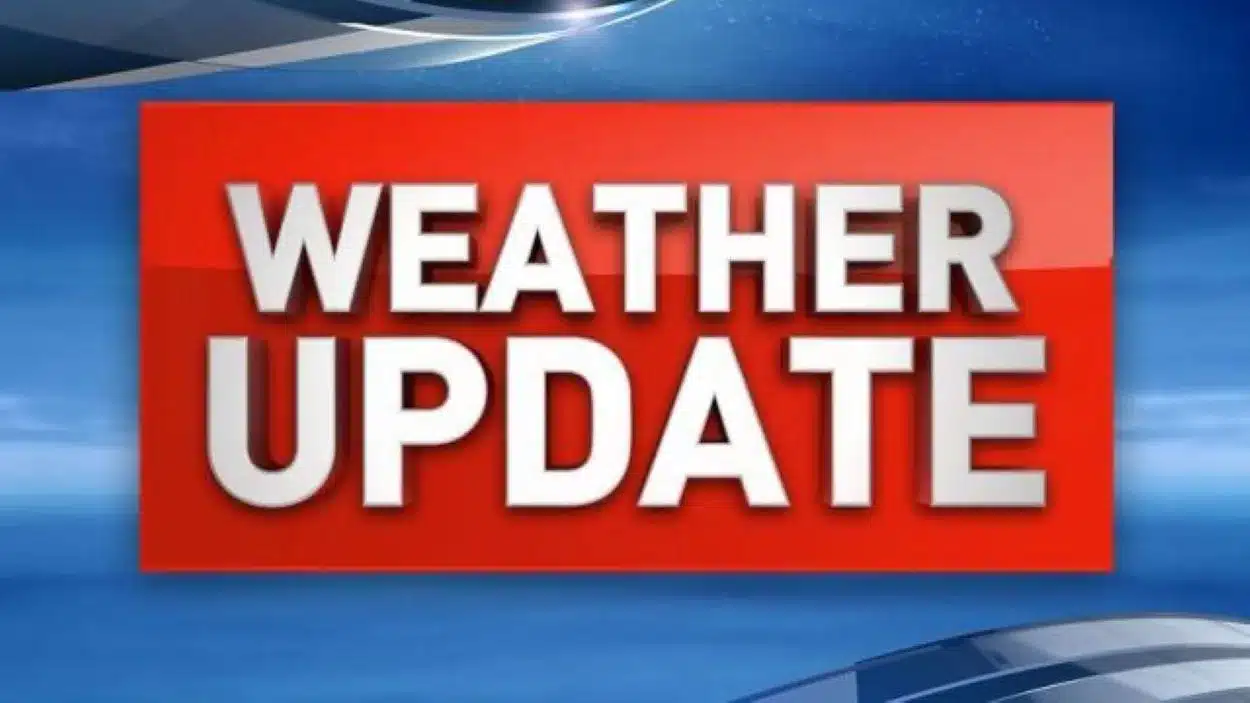Karachi, Pakistan’s bustling coastal city, will experience a dynamic weather shift on August 20 and 21, 2025, as thundery showers, hazy conditions, and breezy weather approach, according to the Pakistan Meteorological Department (PMD), The Weather Channel, and AccuWeather. Residents should prepare for potential disruptions, including urban flooding, during the ongoing monsoon season.
On Wednesday, August 20, 2025, Karachi will see thundery showers and a gentle breeze, with temperatures ranging from 33°C (92°F) to 26°C (79°F). Northwest winds will blow at 8 mph (13 km/h), shifting to westerly at 10-20 mph by afternoon.
The Weather Channel reports a 40% chance of isolated thunderstorms in the morning, transitioning to cloudy skies. AccuWeather warns of a strong morning thunderstorm, raising concerns about urban flooding, a recurring issue in Karachi’s low-lying areas.
🟢 MONSOON SPELL IN SINDH LATEST UPDATES:
◾Allhamdulliah A Very Healthy Return of Monsoon in Sindh Specially in #Karachi after 50 days. As per Latest Analysis there are 2 different Circulation over North Arabian Sea. One is Southeast Keti Bander and the second is over pic.twitter.com/hItFU403vk
— Weather Updates PK (@WeatherWupk) August 19, 2025On Thursday, August 21, 2025, conditions will improve slightly, with light cloud cover and westerly winds at 12 mph (19 km/h). Temperatures will range from 33°C (91°F) to 27°C (80°F). The Weather Channel predicts early clouds giving way to partly cloudy skies, with winds strengthening to 15-25 mph. While no major rainfall is expected, hazy conditions may persist, potentially affecting visibility and air quality.
Read: Karachi Declares Public Holiday, School Closures Amid Heavy Rains
August typically brings warm, humid weather to Karachi, with an average temperature of 30.9°C and 103.8 mm of precipitation over 20 rainy days, per easeweather.com. The heavy showers on August 20 could disrupt travel and outdoor plans, while the lighter conditions on August 21 offer a better window for activities. Haze remains a concern for sensitive groups, particularly those with respiratory issues.
The PMD and National Disaster Management Authority (NDMA) advise residents to:
- Carry umbrellas and avoid flooded areas to prevent accidents.
- Monitor real-time weather alerts via the NDMA Disaster Alert App.
- Use masks during hazy periods to protect against poor air quality.
- Secure homes and stay clear of electrical installations during storms.






